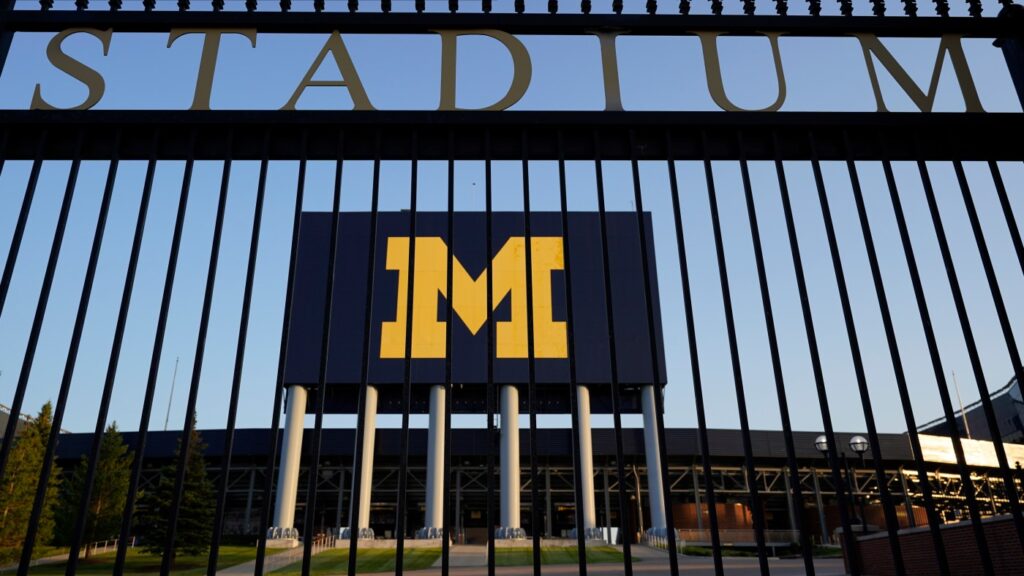
URGENT UPDATE: New reports confirm a significant shift in understanding how college admissions work at elite universities. Contrary to popular belief, the myth that admissions committees are exclusively filled with alumni is far from the truth.
Every fall, parents and high school seniors scramble to prepare applications for coveted spots at institutions like Harvard, Stanford, and Yale. The image of admissions officers as gatekeepers of a closed network is pervasive, but it’s time to set the record straight.
Admissions processes at these prestigious schools are managed by trained professionals from diverse backgrounds, not just alumni. At Harvard, approximately 40 admissions officers meticulously evaluate thousands of applications each year. These trained experts read applications regionally, ensuring a fair assessment by specialists familiar with different parts of the world.
The process is similarly rigorous at Stanford, where each application undergoes at least one, and often two, reviews before a decision committee evaluates the candidates based on academic performance, leadership, and the crucial concept of “fit.” The transparency at Yale is noteworthy; decisions are made by a five-person committee that includes three admissions officers, a faculty member, and a dean. Their podcast, “Inside the Yale Admissions Office,” reinforces that no single individual holds decision-making power.
Public universities like the University of Michigan and the University of Illinois Urbana-Champaign echo this commitment to impartiality. Their admissions processes are described as “individualized and comprehensive,” ensuring each application is considered holistically.
The persistence of the myth that only alumni assess applications may stem from the visibility of volunteer alumni interviewers, who, though successful and proud, only offer advisory reports rather than decisive opinions.
As the admissions landscape evolves, it is essential for students to know that their submissions are evaluated by professionals focused on identifying potential. Admissions officers are trained to seek traits like intellectual curiosity, character, and coherence in applicants’ narratives.
In this competitive environment, how well an applicant tells their story can make a significant difference. A coherent narrative that reflects one’s ambitions and achievements is crucial. Today’s admissions officers are more analysts than gatekeepers, balancing merit with institutional needs such as geography and diversity.
As misconceptions about elite college admissions continue to circulate, this new insight offers relief and clarity. Students can take heart knowing that their applications are assessed by a professional bureaucracy committed to finding promise amidst the sea of submissions.
This is the truth that aspiring college students need to understand before hitting “submit.” As the application season heats up, families can feel reassured that the evaluation process is rigorous, fair, and grounded in professionalism, not privilege.
For more insights on college admissions, visit Bradshaw College Consulting and stay updated on the latest developments shaping the future of education.





